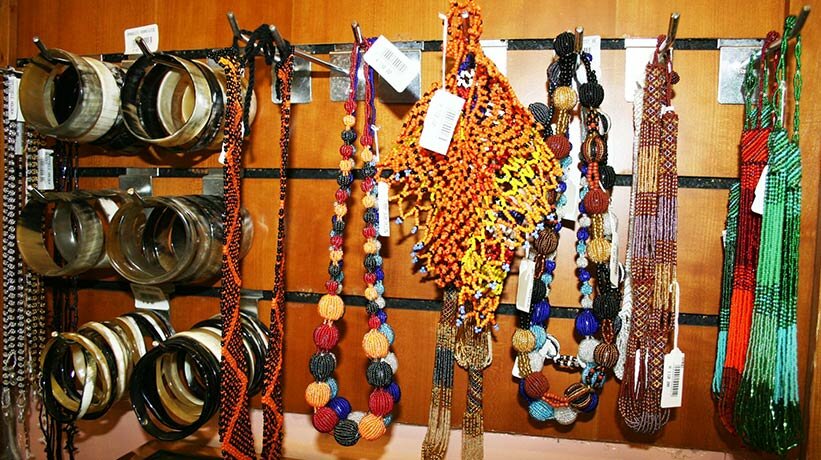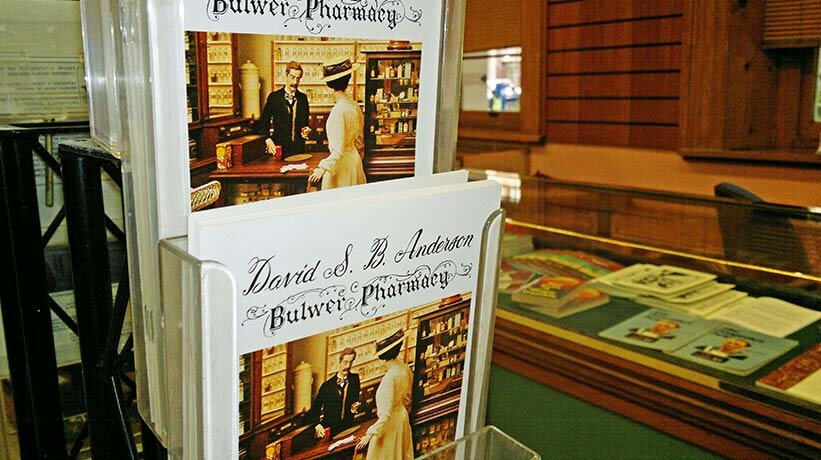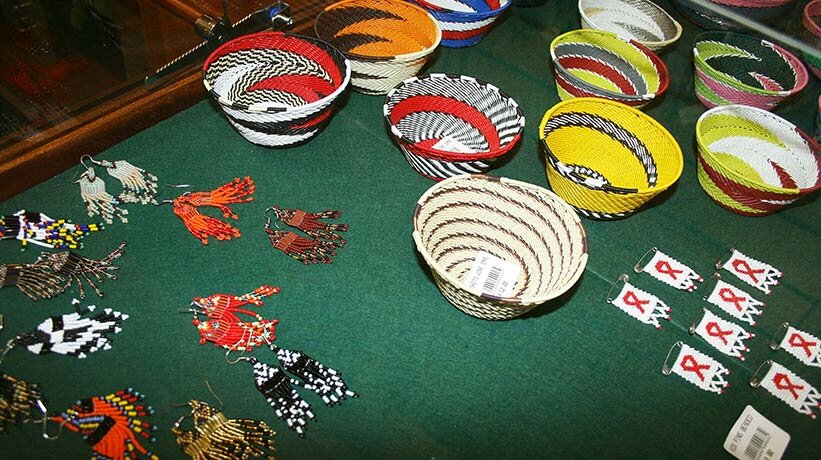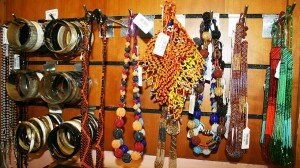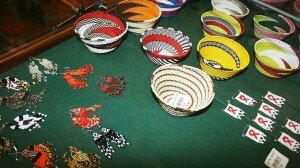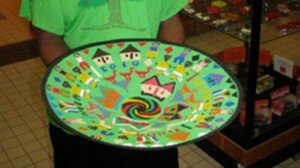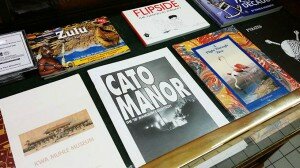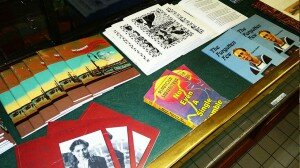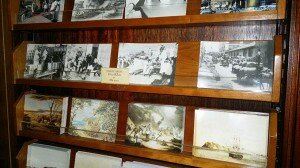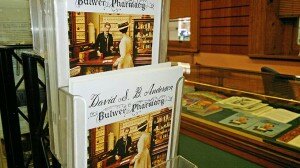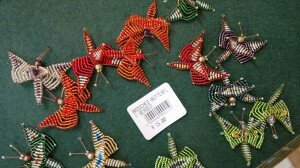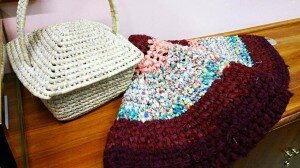Shop
In South Africa, people visit museums for many reasons. However, the main purpose is seldom to go shopping. And yet you will find that many visitors browse through a museum’s shop with just as much attention as they pay to a museum’s collections. But while museum shops help to raise money for museums, they are much more than moneymaking ventures, and are generally considered to be an extension of a museum’s educational arm.
Even in these days of the digital revolution, books remain an important means of education, and are sold in the Old Court House Museum Shop, as well as museum publications relating to collections and exhibitions. Recent Local History Museum publications include A Glance Into the Past – the Flight of Ukhozi, which offers a comprehensive examination of the history of local SABC radio station Ukhozi FM.
Another museum publication is a booklet, which details the many Gandhi-related sites in Durban. A considerable part of
Mohandas Karamchand Gandhi’s twenty-one year sojourn in South Africa was spent in Durban, and the booklet traces the history of Gandhi’s life in the area, including details of where he lived, worked and worshipped. Also on sale in the shop is Gandhi Letters, which documents an exchange of 57 letters between Gandhi and his close friend Hermann Kallenbach.
Then there is Jannie van Heerden’s book on Zulu basketry, which tells the story of basket weavers in the Hlabisa area of KwaZulu-Natal. This book provides an insight into the variety of baskets made in KZN and highlights the traditional skills of weavers in the area. The comprehensive publication documents the lives of the weavers over a 15-year period, with techniques, materials and the making of indigenous dyes discussed in detail.
- Caption name?
- Caption name?
- Caption name?
- Caption name?
- Caption name?
- Caption name?
- Caption name?
- Caption name?
- Caption name?
Other items for sale include ‘The Durban Collection’, which consists of figurines of characters from the city’s history. The collection represents the lives of personalities who have contributed to our political, economic and social history.
The Old Court House Museum shop is also the perfect place to buy locally produced arts and crafts. The shop supports local underprivileged craftspeople, helping to maintain and promote local crafting traditions while promoting the work of crafters who would otherwise lack a forum in which to show their work.



